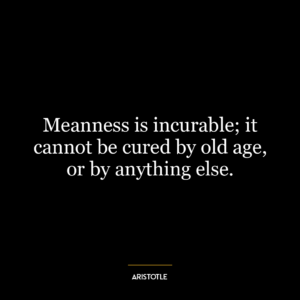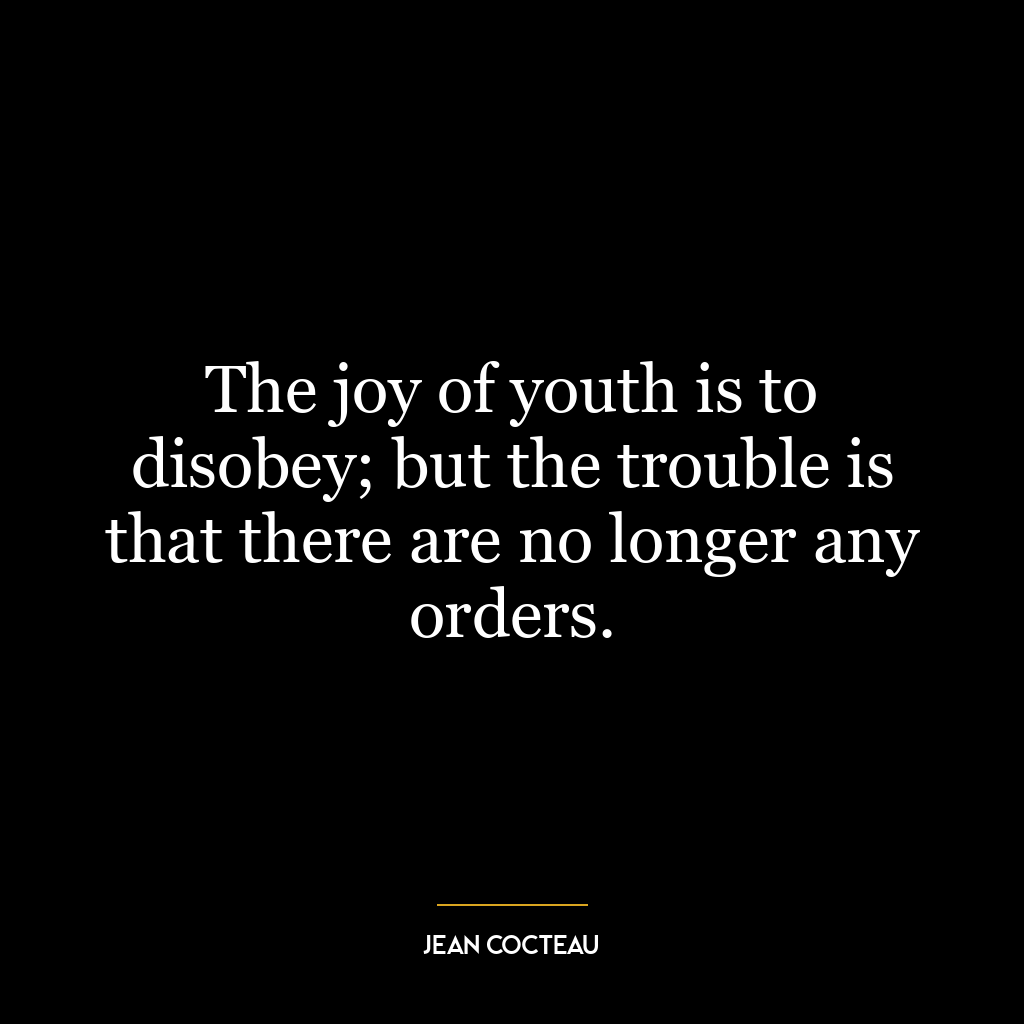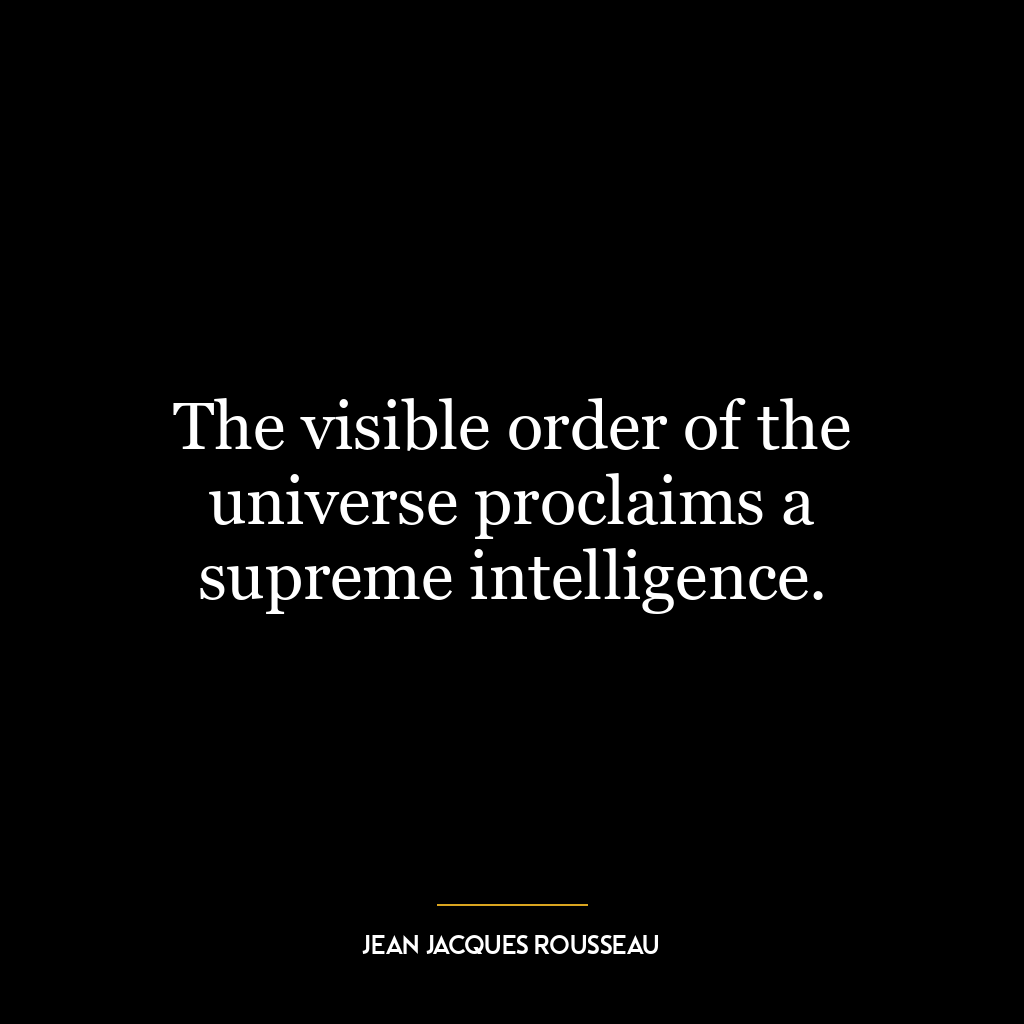This quote suggests that law is the foundation that creates order in society. Without laws, society would be in chaos, and people wouldn’t have a framework for understanding what is acceptable behavior and what isn’t. Good law, as per the quote, is one that not only maintains order but also promotes harmony, justice, and the common good. It’s not just about preventing disorder, but about fostering a healthy, fair society.
When Aristotle says “good law is good order”, he implies that the quality of the law directly impacts the quality of order in society. If laws are just, fair, and in the best interest of the people, then the order that results will also be just, fair, and beneficial. Conversely, if laws are unjust, biased, or serve only a select few, the resulting order will mirror these flaws.
This concept is highly relevant in today’s world. For instance, in the context of societal issues like racial discrimination, income inequality, or environmental degradation, the laws that govern these areas play a crucial role in either perpetuating or alleviating these problems. Good laws that are designed to protect marginalized communities, promote economic fairness, or safeguard the environment, can lead to a better, more orderly society.
On a personal level, this quote could be interpreted as a call for self-discipline and personal rules. Just as societal laws create order in a community, personal rules and discipline create order in one’s life. Good personal rules are those that not only prevent chaos (e.g., rules about time management, health habits) but also promote personal growth and well-being (e.g., rules about learning new things, maintaining relationships). In this way, good personal laws lead to good personal order.















